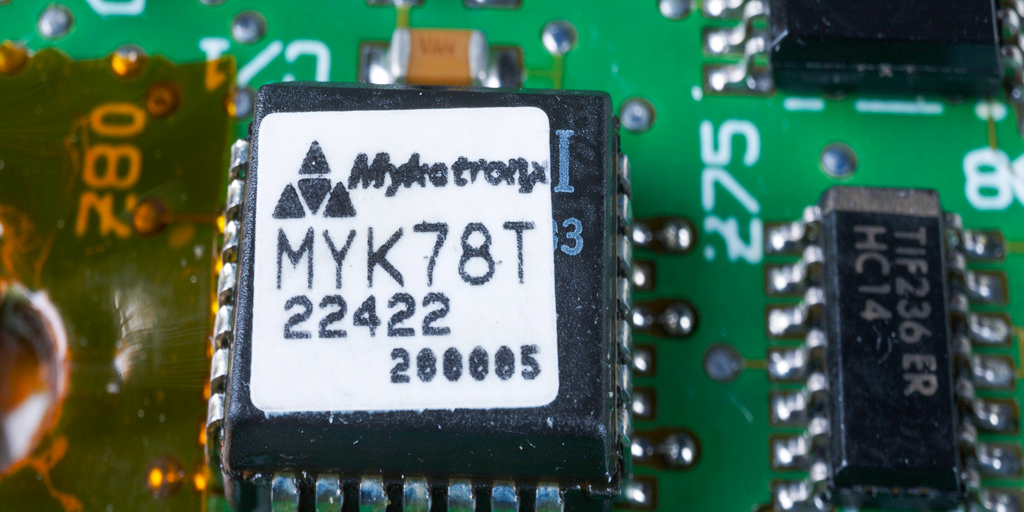
The UMBC Cyber Defense Lab presents
Privacy-Preserving Cryptographic Protocols
Professor Matthew Green
Johns Hopkins University
12:00-1:00 pm Friday, 4 September 2020
WebEx: http://umbc.webex.com/meet/sherman
We investigate the problem of automating the development of adaptive chosen-ciphertext attacks on systems that contain vulnerable format oracles. Rather than simply automate the execution of known attacks, we consider a more challenging problem: to programmatically derive a novel attack strategy, given only a machine-readable description of the plaintext verification function and the malleability characteristics of the encryption scheme. We present a new set of algorithms that use SAT and SMT solvers to reason deeply over the design of the system, producing an automated attack strategy that can decrypt protected messages entirely.
Matthew Green is an Associate Professor at the Johns Hopkins Information Security Institute. His research includes techniques for privacy-enhanced information storage, anonymous payment systems, and bilinear map- based cryptography. He is one of the creators of the Zerocash protocol, which is used by the Zcash cryptocurrency, and a founder of an encryption startup Zeutro. He was formerly a partner in Independent Security Evaluators, a custom security evaluation and design consultancy, and currently consults independently. From 1999-2003, he served as a senior technical staff member at AT&T Laboratories/Research in Florham Park, NJ. email: *protected email* Dr. Green writes a popular blog on applied cryptography, A Few Thoughts on Cryptographic Engineering, A Few Thoughts on Cryptographic Engineering
Host: Alan T. Sherman,, *protected email* Support for this event was provided in part by the NSF under SFS grant DGE-1753681. The UMBC Cyber Defense Lab meets biweekly Fridays. All meetings are open to the public. Upcoming CDL Meetings:
- The Cyber Defense Lab hosts biweekly talks on Fridays 12-1pm.
The post talk: Matt Green on Privacy-Preserving Cryptographic Protocols, 12-1 EDT Fri. 9/4, online appeared first on Department of Computer Science and Electrical Engineering.